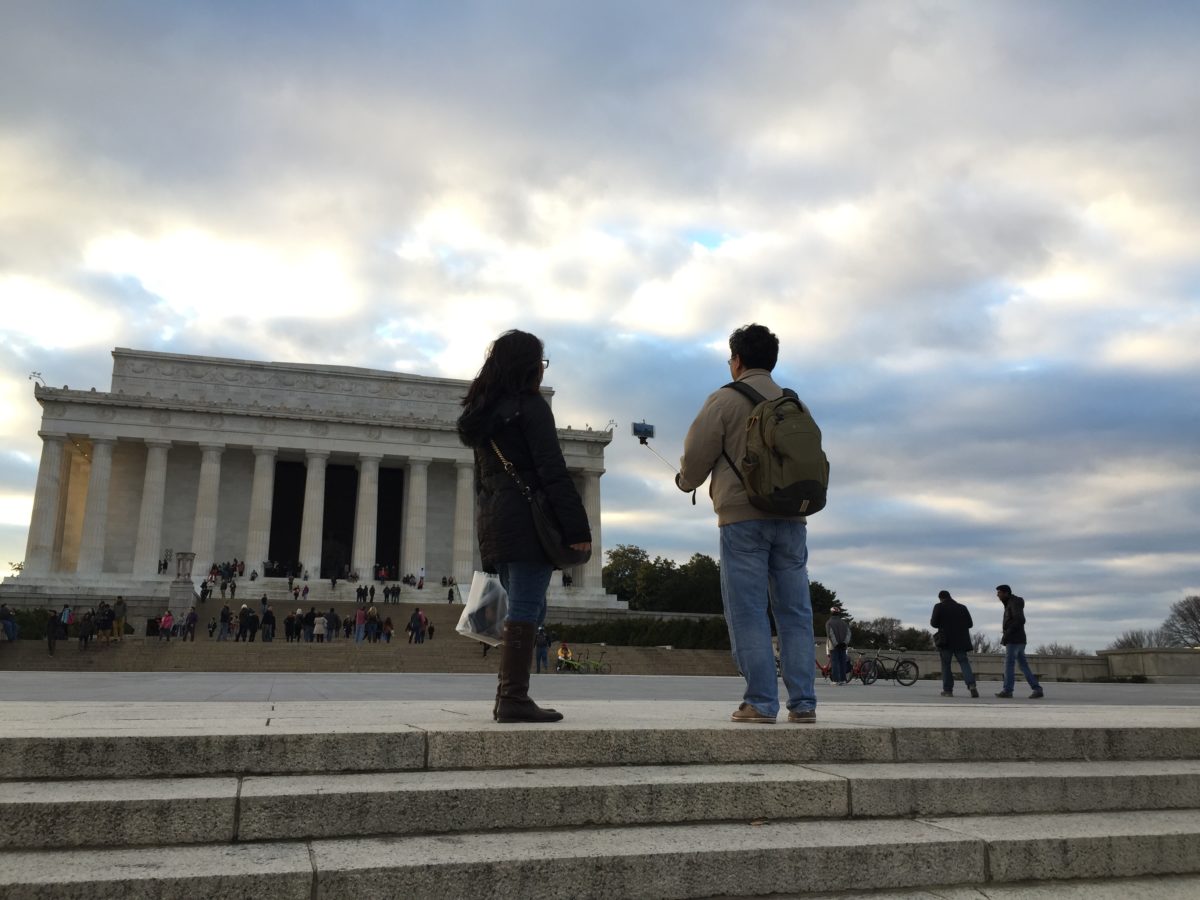This week, the DC Council wrapped up budget hearings for Fiscal Year 2021, set to start on Oct. 1, and some members of the #dctech community are not happy with the numbers: Mayor Muriel Bowser’s proposed budget and financial plan for next year shows significant cuts to digital equity and technology for adults residing in the District.
Funding for some of the tech resources set to be cut include digital literacy trainings at DC Public Library (DCPL) locations and the Office of the Chief Technology Officer’s (OCTO) main digital inclusion initiative, Connect.DC. Over the years, Connect.DC has spearheaded other initiatives to bring more resources to D.C. residents including a free tech support pilot called All Hands on Tech and another program helping seniors learn how to use their smartphones.
D.C. will face $1.5 billion in lost revenue in this and upcoming years mainly due to the COVID-19 pandemic. After adjusting the 2020 budget by cutting $190 million, Bowser also adjusted next year’s budget which is seeing a decrease of $160 million in expected funding. Looking at the overall $16.7 billion proposed budget that includes federal funding, Bowser sent a $8.5 billion local spending plan to the Council for approval on May 18.
This proposed budget would cut roughly $678,000 in funding for Connect.DC, per financial documents shared by OCTO. According to tech inclusion nonprofit Byte Back CEO Elizabeth Lindsey in a recent testimony, this is the entirety of the program’s budget.
“Connect.DC has been the key tech connection between residents and the government — the source for essential digital divide research, community outreach and awareness to connect residents digitally, affordable internet initiatives, affordable devices, and vital digital skills training to bridge digital gaps in D.C.,” Lindsey said during her testimony. “Connect.DC even made the District a national leader, a ‘Digital Inclusion Trailblazer,’ as defined by the National Digital Inclusion Alliance.”
In 2019, OCTO’s operating budget was set at $123.7 million while its 2020 budget was approved for $120.7 million, pending any changes. Next year, Bowser is proposing OCTO receive about $119.1 million in funding, which is a 1.3% decrease compared to the approved funding for this year.
DCPL is also set to reduce $39,000 in spending for its digital literacy offerings for adults, according to Lindsey’s testimony.
Byte Back Communications Director Yvette Scorse told Technical.ly in an email that she had asked Bowser about the proposed cuts to digital equity resources during the mayor’s town hall after the proposed budget was announced, and received a mixed response.
“At first, she said there were no cuts, but one of her staff acknowledged that there were cuts to Connect.DC and listed [DC Public Schools] tech allocations,” Scorse said. “So, essentially there are no resources for adults here.”
Technical.ly reached out to OCTO and DC CTO Lindsey Parker for comment, but has not received a response. StateScoop reported that Parker proposed merging Connect.DC with the District’s SmarterDC into a single project, the #TechTogether Partnership, that would convene industry partners, philanthropists and community organizations in support.
“We’d be finding federal dollars, we’d be finding grant opportunities, we’d be finding industry leaders and industry partners to put up their own funding,” Parker said. “Anybody that comes and asks us about bridging the digital divide, smart tech initiatives, etc., I will say, ‘This is where we’re focused right now, this is how you can help, and this how our partnership will benefit the residents of D.C.’”
This week, Byte Back, along with 17 other local tech organizations, authored an open letter urging the mayor and councilmembers to prioritize more digital resources in next year’s budget.
“The digital divide is hitting harder than ever. Unfortunately, we’re seeing significant retrenchment for digital inclusion in the FY21 DC budget,” the open letter reads. “This budget doesn’t make an investment in digital equity for adults. In fact, it removes key programs that strive to close the gap.”
It also notes the eye-popping stats that 25% of D.C.households don’t have broadband access; east of the Anacostia River, this figure is closer to 50%, according to a report from Connect.DC.
Here’s a list of the other organizations supporting the open letter:
- BlackCodeCollective
- Building Bridges Across the River (Skyland Workforce Center)
- Can I Live, Inc.
- Coalition for Nonprofit Housing and Economic Development
- DC Central Kitchen
- Edgewood/Brookland Family Support Collaborative
- Hear Me Code
- human-I-T
- Latino Economic Development Center
- Libraries Without Borders
- LIFT, Inc.
- Merit America
- National Digital Inclusion Alliance
- Next Century Cities
- Samaritan Inns
- Samaritan Ministry of Greater Washington
- Wilderness Technology Alliance (WildTech)
This open letter comes after Byte Back launched a petition calling for local government leaders to invest more in digital resources. The organization is also promoting the appointment of a digital inclusion officer for the District “to ensure that digital equity is included across many D.C. government agencies.” Byte Back said it would also like to see more funding invested into tech training for the local workforce development system under the Department of Employment Services and the Workforce Investment Council. The petition gained nearly 600 signatures, and these demands are reiterated in the open letter.
If you want to get caught up on the recent budget hearings, check out the video recordings and public testimonies. Hearings and a change to submit a testimony concluded on June 16. The Council will spend next week reviewing all materials and marking up the budget to finalize it.
Before you go...
Please consider supporting Technical.ly to keep our independent journalism strong. Unlike most business-focused media outlets, we don’t have a paywall. Instead, we count on your personal and organizational support.
Join our growing Slack community
Join 5,000 tech professionals and entrepreneurs in our community Slack today!

Entrepreneurship is changing, and so is the economic development behind it

Tech Hubs’ new $210M funding leaves Baltimore and Philly off the table

Here’s what to know before using AI to craft your brand’s social media posts


